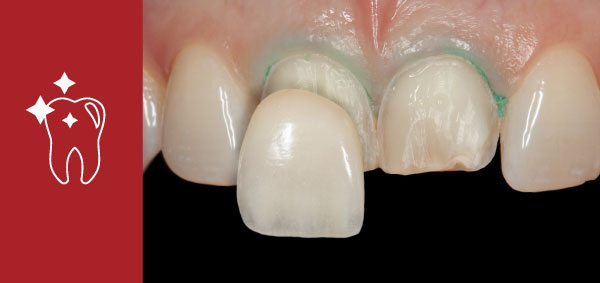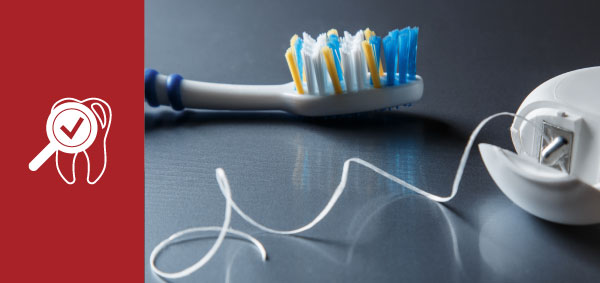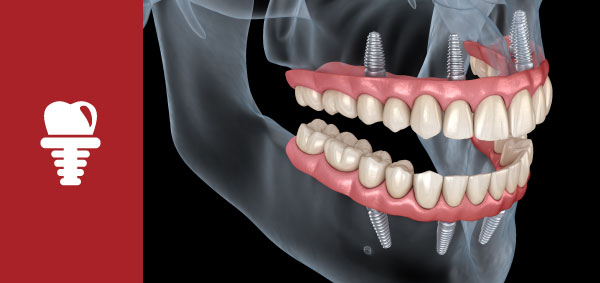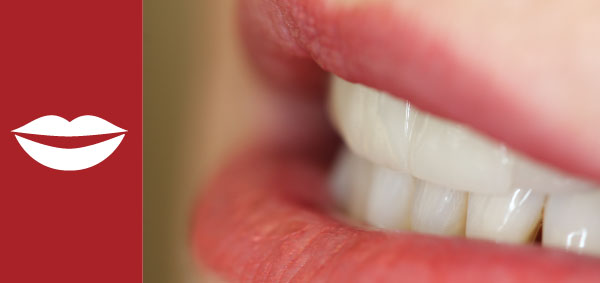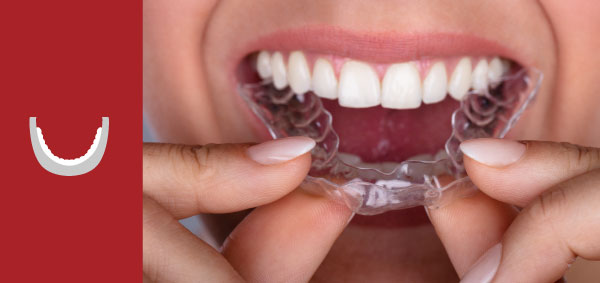Teeth whitening and bleaching in Dedham
Curious about what you can do to brighten your smile? Tooth whitening is a successful and simple method of lightening the color of your teeth. But should you choose whitening or bleaching to get the job done? On one hand, both processes will make your teeth look brighter; however, there is a difference between the two.
Continue reading to learn more about teeth bleaching vs. teeth whitening, or contact us today to see how we can help your needs.
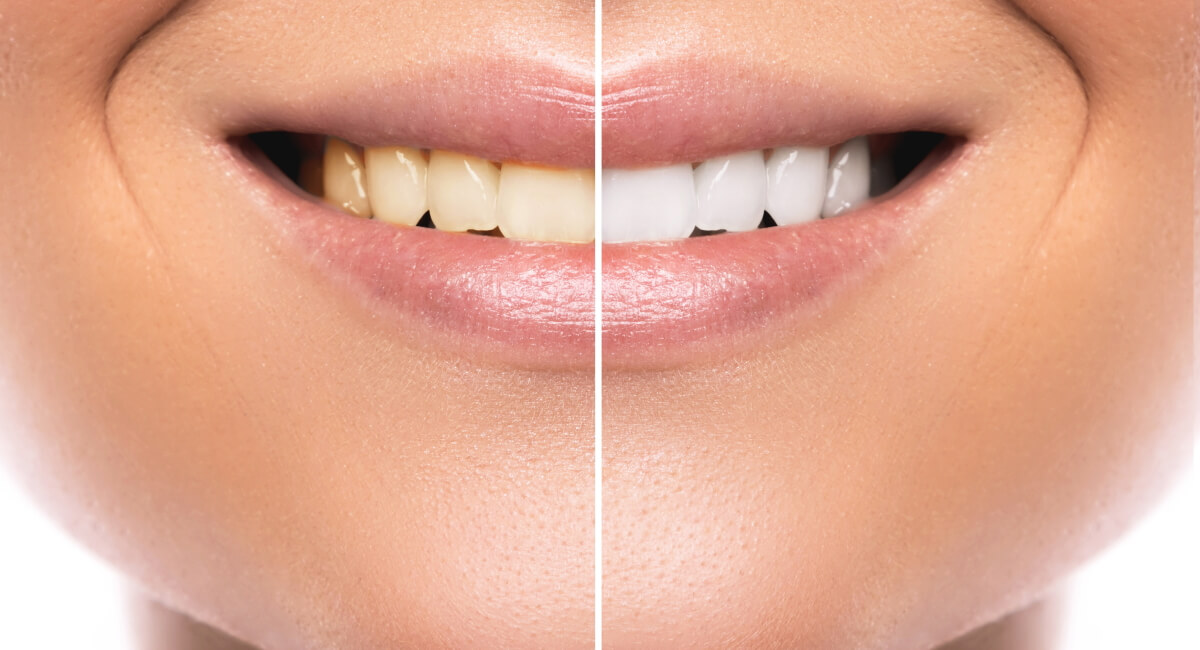
Bleaching vs. Whitening: what’s the difference?
If you want to whiten your teeth, it can be hard to choose among all the different options out there. Teeth whitening and teeth bleaching, are these two terms the same?
While the American Dental Association has defined the differences between teeth whitening and teeth bleaching, the terms are often used interchangeably. You see the difference is:
Teeth whitening is the umbrella term, it’s the process of removing surface stains to restore the natural shade of the teeth.
Teeth bleaching is a form of whitening your teeth using chemical agents to lighten the color of the enamel. Sometimes, it lightens even beyond the natural shade of the teeth.
Both whitening and bleaching methods use a common ingredient, hydrogen peroxide. It acts as an oxidizing agent that breaks down stains into smaller pieces, which makes the color less concentrated and your teeth brighter. As teeth whitening procedures cost have lowered in the past few years, more people are opting it.
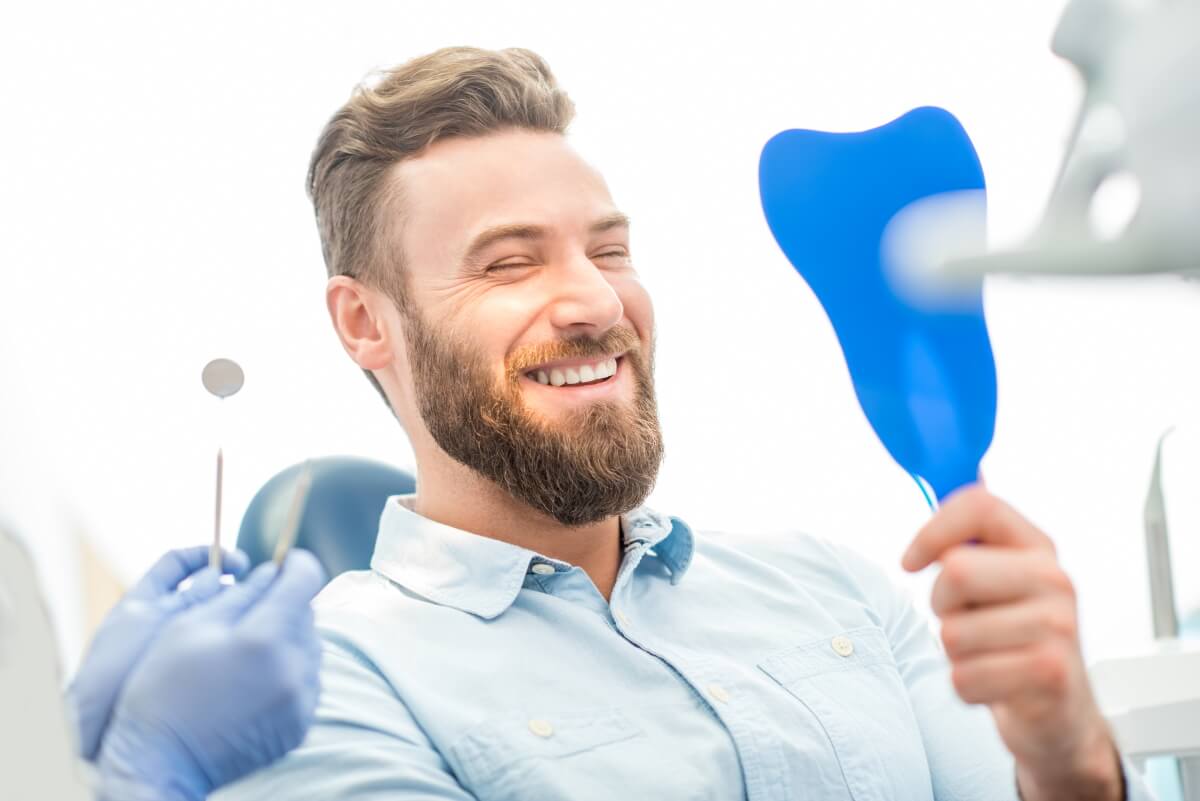
Options for whitening teeth.
There is no doubt that teeth whitening is a cosmetic change that can have a big impact. From over the counter teeth whitening remedies you can try at home, to in-office procedures, those who want a whiter set of pearly whites, can choose which method is right for you.
Let’s have a look at what to consider:
In-Office tooth whitening
There are many professional whitening products on the market, however, we are proud to offer Glo® in-office whitening. This system uses a warming light and anti-sensitivity whitening gel to give exceptional results with ease, achieving the perfect shade in a fraction of the time other treatments do.
Of the many advantages of this professional treatment, the most important is that it gives patients the added bonus of not having to experience any, or very little, sensitivity following treatment. Also, it’s fast and there is no need to use impressions or messy trays. In about a half an hour, your teeth can be up to five times whiter!
Tooth whitening toothpastes
Whitening toothpastes are basically improved versions of the conventional toothpastes. They are made up of chemicals which dissolve stains and abrasive agents that aid in bringing out the teeth's natural glee.
It’s important to make sure that you don’t overuse whitening toothpastes. While some are formulated for everyday use, others are intended to be used only once per day, or on some other treatment schedule.
Before purchasing a whitening toothpaste, always check to see if it has been approved by a licensed dental organization or consult your regime with us to make sure you won’t damage your natural enamel due to overuse.
At home Teeth Bleaching options
A bleaching kit supplied by Dr. Vishart is a more affordable way to achieve good results while still under the supervision of a dental professional
The take Home bleaching kits are made up of a short initial appointment where Impressions of the teeth are taken, they are then sent to a Lab for them to custom make trays. These trays are either worn at night or during the day, with a carefully-controlled concentration of bleach.
You may experience some sensitivity for a short time during your treatment but this is normal and will soon fade away after completion. If you experience any significant sensitivity at any time, stop the home bleaching treatment and contact our dental clinic. The normal time to see results is 7-10 days.
Side effects
There are very few risks associated with teeth whitening. Some patients experience tooth sensitivity and gum irritation. These effects are usually temporary, not lasting more than 1 or 2 days after treatment. Using toothpaste for sensitive teeth will help to take away some of the “tingling” feelings in your teeth.
However, in rare cases, both professional-grade and over-the-counter products can cause:
- Permanent gum or tooth sensitivity
- Damage to your dental roots
- Enamel erosion
- Uneven results
- Damage to the mucous membranes in your mouth
Patients who continually whiten their teeth without the approval of their dentists can also develop serious oral health concerns. Teeth whitening products are generally safe. However, since the whitening agents cause dehydration to the teeth, they commonly cause sensitivity to the teeth and gums. These risks are rare and are typically associated with over-whitening or improper technique.
Teeth whitening is not for everyone
To simply put it, professional teeth whitening isn't for everyone. Despite the many strong advertising messages which suggest otherwise, not everyone’s teeth are suitable for this cosmetic procedure. This is because certain types of tooth discoloration can’t be fixed or whitened by tooth whitening products and other whitening agents.
Teeth whitening and bleaching is not for you if specially:
- Have decay in your mouth, gum disease, or infection underneath your teeth
- Are pregnant or breastfeeding
- Have a peroxide allergy
- Have tooth sensitivity
- Have cracked and exposed dentine (once treated, these teeth can be whitened or bleached)
- Have caps, veneers, crowns, or fillings (teeth whitening does not usually change the color of fillings and other restorative materials)
- Have discoloration from medications or a tooth injury
- Have a receding gum line
How long does dental teeth bleaching last?
Teeth bleaching is a requested cosmetic procedure, it’s a simple way to enhance the appearance of your smile and improve your confidence in as little as a single dental appointment. With professional teeth bleaching procedures, you are in and out of the dentist’s chair quickly with a brand new smile.
But, how long does this new smile last? Surely teeth bleaching doesn’t last forever? Unfortunately, teeth bleaching does not last forever. It’s results will partially depend upon the type of bleaching agent used. Because there is such a wide range of whitening options, the average teeth bleaching results can last anywhere from six months to three years.
Not only is the lifespan of your bleaching treatment dependent upon the type of bleaching agent used, but it is also dependent on your lifestyle as well. That is why bleaching may last more on one person than another.
The two most important factors that affect how long bleaching lasts are diet and oral hygiene habits.
How to keep your teeth white?
Many people turn to teeth whitening treatments to achieve a whiter smile. While having the treatment done is the first step, there are a few simple preventive measures you can take to help maintain your beautiful white smile:
The first 48 hours are vital in maximizing your whitening results. Try to avoid foods or beverages that naturally stain your teeth:
- Tea and coffee. These brews can stain your teeth instantly.
- Dark-colored sauces. Avoid red pasta sauce, soy sauce, barbecue sauce.
- Fruit juice.
- Dark chocolate, contains caffeine and thus could stain your teeth
- Acidic food. Acidic or sour foods can weaken your enamel, such as lemons, oranges, and other citrus fruits.
As a general rule of thumb, don’t take any food or drink that will stain a white shirt for 48 hours after teeth whitening. If you must insist on drinking coffee or soda or other dark-colored drinks, just use a straw so the liquid will not come in direct contact with your teeth.
What can Dr. Anna Vishart do for you
Tooth whitening is safe for most people and the best candidates are those who only have mild to moderate discoloration. However, sometime there are some reasons you can’t achieve the perfect white you were looking for. For starters, whitening substances can’t penetrate plaque and buildup. And putting a tooth with a cavity or exposed roots through a whitening procedure could lead to discomfort and sensitivity. A checkup and professional cleaning prior to in-office whitening is a must.
Finally, Dr. Vishart can review any areas of your teeth that the whitening agent may not be able to penetrate, including:
- Areas overexposed to fluoride.
- Past dental work such as a porcelain tooth or bonded area.
- Trauma that caused the inner layer of your tooth, or dentin, to darken.
After reviewing your medical and dental history with you, including allergies and sensitivities, examine your teeth and gums to determine the nature and depth of possible irregularities. Dr. Vishart will determine if you are a viable candidate for teeth whitening or bleaching,
Our Services
Restorative
Digital dentistry has taken restorative dentistry to the next level. We manage your oral health problems with less invasive digital precision. Learn more...
Preventive
The only cause of dental decay and periodontal disease and eventually tooth loss due to both, is bacteria that multiply in dental plaque. Learn more...
Implants
Introducing our Dental Implants: State-of-the-Art Technology, Minimally Invasive, and Completed in a Single Day! Learn more...
TMJ
TMD or temporomandibular disorder is the loss of synchrony and harmony. Learn more...
Estethics
Dental facial plastics at our Dedham office combine art and science. Learn more...
Aligners
Using advanced software technology exact tooth movements can be achieved to ensure anatomically correct teeth alignment with an esthetically pleasing smile. Learn more...


